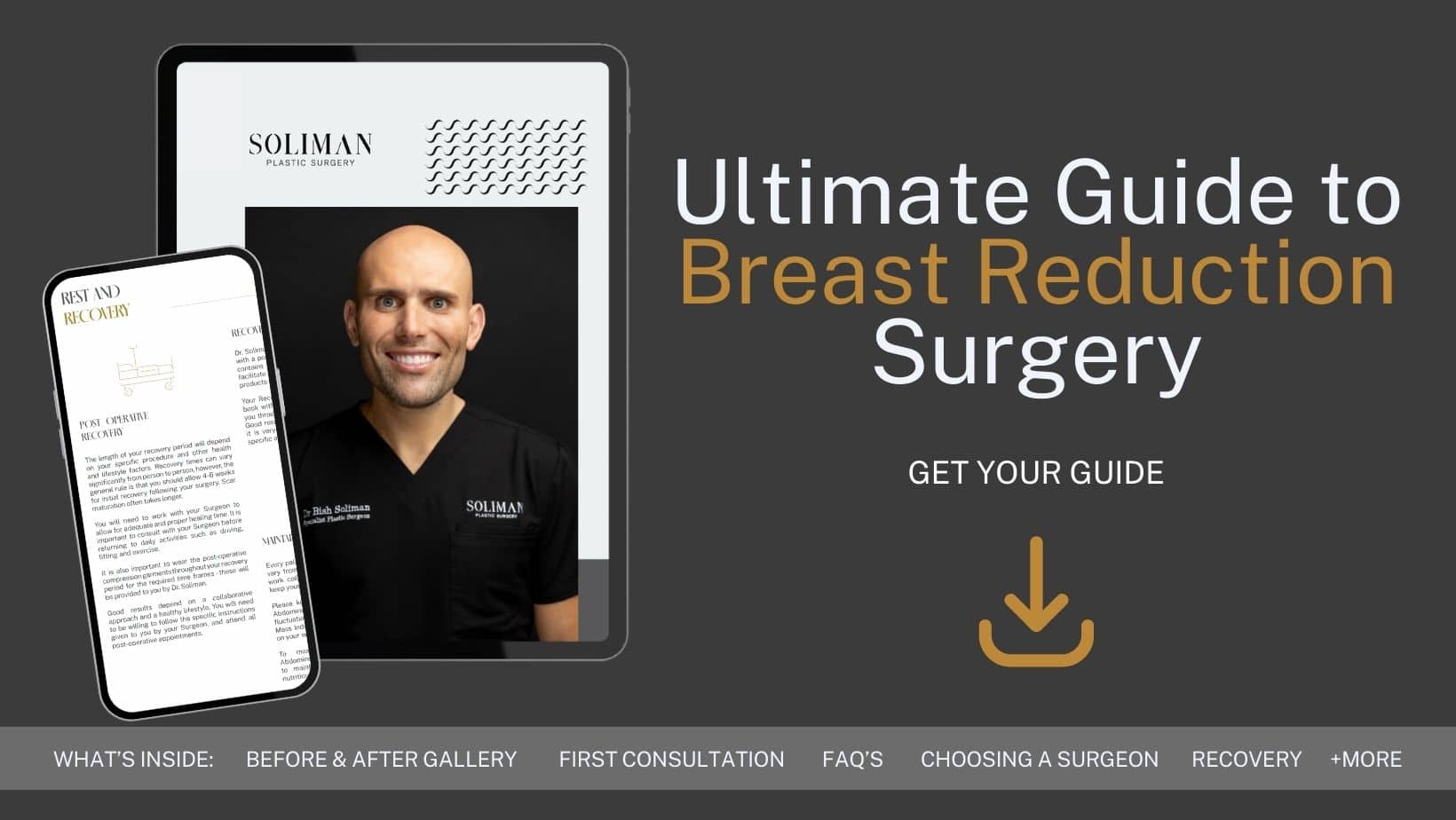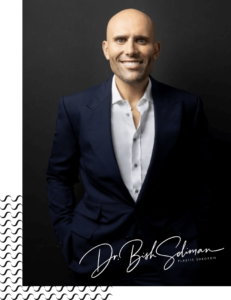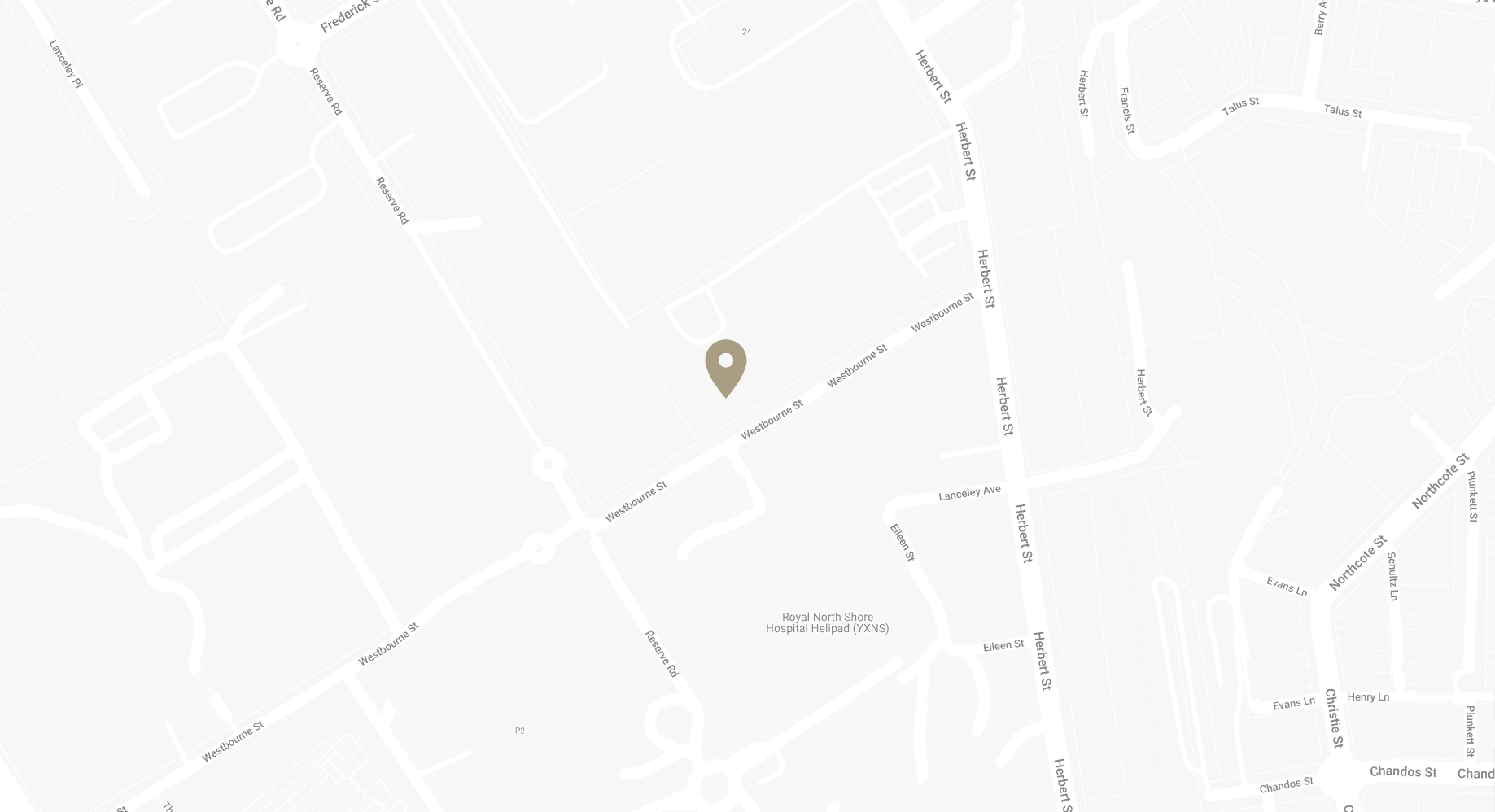How to Treat and Reduce Bruising after Breast Reduction
One common side effect that many patients experience after breast reduction surgery is bruising. Bruising after breast reduction surgery is a natural response of the body to the trauma caused by the surgery. However, the extent and duration of bruising can vary significantly among individuals. Understanding why bruising occurs and how to manage it effectively can make the recovery process more comfortable and prevent potential complications.
In this blog, Sydney Specialist Plastic Surgeon Dr Bish Soliman will guide you through the reasons behind post-surgical bruising, offer strategies to minimise its occurrence and provide tips for treating it effectively. By adopting these measures, you can ensure a smoother and more comfortable recovery journey.
Download Dr Bish Soliman Breast Reduction Guide

Why You Have Bruising after Breast Reduction Surgery
Bruising is a common aftermath of breast reduction surgery, primarily because the procedure involves the removal of skin, fat, and glandular tissue to achieve the desired breast size. This process inevitably causes damage to blood vessels, leading to bleeding beneath the skin. The body’s response to this injury includes sending blood to the area to start the healing process, which results in the discolouration and swelling commonly associated with bruising.
Several factors can influence the extent of bruising experienced after surgery. These include the surgical technique used, the amount of tissue removed, the patient’s age, and their overall health. For instance, older patients or those with certain health conditions may experience more significant bruising due to decreased skin elasticity and slower healing rates. Additionally, individuals who take certain medications or supplements that thin the blood may find themselves more prone to bruising.
Being aware of the role of these factors is crucial for managing expectations and preparing for the recovery process. It’s important to note that while bruising is usually most intense during the first-week post-surgery, it gradually subsides over the following weeks. The colour of the bruise may change from red and purple to yellow and green as it heals, indicating that the body is reabsorbing the blood and repairing the affected tissues.
How to Prevent Bruising after Breast Reduction
Preventing bruising after breast reduction surgery is important for a smoother and more comfortable recovery process. While some degree of bruising is inevitable due to the nature of the surgery, there are several strategies that can reduce its severity and duration. Here are the measures you can take before and after your surgery to minimise bruising and ensure a more favourable healing journey:
Pre-Surgical Preparation
- Medication and Supplement Management: One of the most critical steps in minimising post-operative bruising starts well before the surgery. Certain medications, particularly blood thinners like aspirin, ibuprofen, and certain herbal supplements such as ginkgo biloba, garlic, and fish oil, can increase bleeding during and after surgery, leading to more significant bruising. It’s essential to disclose all medications and supplements you’re taking to your surgeon, who may advise you to stop them a couple of weeks before the procedure. However, never stop any medication without first consulting Dr Soliman
- Optimise Your Diet: Nutrition plays a role in healing. In the weeks leading up to your surgery, focus on a balanced diet rich in vitamins and minerals that promote healing. Vitamin C, found in citrus fruits, strawberries, and bell peppers, is essential for collagen production and wound healing. Zinc, present in meat, fish, and nuts, aids in tissue repair and immune function. Foods high in vitamin K, such as leafy greens, can help your blood clot and reduce bleeding. Incorporating these nutrients into your pre-surgery diet can prepare your body for a quicker recovery
- Hydration is Key: Adequate hydration is essential for maintaining optimal health and facilitating recovery. Water helps to transport nutrients and oxygen to cells, supports detoxification, and can reduce the risk of excessive bruising. Aim to drink at least eight glasses of water daily in the lead-up to your surgery
- Prepare Your Body: Engaging in regular, moderate exercise before your surgery can improve your circulation and overall health, potentially reducing recovery time. Keep in mind that it’s important to avoid strenuous activities as your surgery date approaches, as they can increase the risk of swelling and bruising
How to Treat Bruising after Breast Reduction
Treating bruises effectively, especially after a surgical procedure like breast reduction, involves a combination of methods aimed at reducing inflammation, supporting the healing process, and alleviating discomfort. Here is what you can do to treat bruising:
Immediate Measures for Bruise Treatment
- Cold Therapy: Immediately after noticing a bruise, applying cold packs can significantly help reduce blood flow to the area, minimising the bruise’s size and severity. Use a cold pack or a bag of frozen peas wrapped in a thin towel to avoid direct skin contact, applying it for 20 minutes every hour for the first 24-48 hours
- Elevation: Elevating the bruised area above the heart level helps reduce blood flow to the area, decreasing swelling and the size of the bruise. For breast reduction patients, this often means resting and sleeping in a semi-upright position, which can be achieved with the help of pillows or a recliner
Ongoing Care and Treatment
- Warm Compresses: After the first 48 hours, when the swelling has started to subside, switch to warm compresses to increase blood flow to the area. This helps to clear away the blood and fluid more quickly. A warm towel or a heating pad set on low can be applied for 20 minutes several times a day
- Gentle Massage: Massaging the area gently can help disperse the blood and fluid under the skin. Use a soft, circular motion around the periphery of the bruise, avoiding direct pressure on the bruised site. This should only be done after the initial 48 hours to prevent increasing the bruise size
- Arnica Montana: Arnica is a homeopathic remedy known for its anti-inflammatory and healing properties. Available in both topical creams and oral forms, Arnica can help reduce swelling and speed up the healing of bruises. However, it’s important to consult with Dr Soliman before using it to ensure it’s appropriate for your situation
- Vitamin K Cream: Vitamin K is essential for blood clotting and can help reduce bruising when applied topically. Applying a cream containing Vitamin K directly to the bruise can help speed up the healing process. These creams are available over the counter but consult with your surgeon before applying anything to the surgical area
- Bromelain: Found in pineapples, bromelain is an enzyme that can help reduce swelling, bruising, and pain in soft tissues. Taking bromelain supplements may speed up the healing of bruises. It’s important to discuss with Dr Soliman before starting any new supplement, especially after surgery
- Hydration and Nutrition: Staying well-hydrated helps flush toxins from your body and can aid in the healing process. Eating a balanced diet rich in vitamins and minerals, especially Vitamin C and zinc, supports skin health and wound healing. Foods high in antioxidants can also help reduce inflammation and support the healing of bruises
- Avoid Certain Activities and Substances: To aid in the healing of bruises, avoid activities that could cause further trauma to the area. Additionally, substances like alcohol and tobacco can delay healing, as they impair blood flow and can increase the risk of further bruising
- Over-the-counter Pain Relief: If the bruise is painful, over-the-counter pain relievers like acetaminophen can be used to alleviate discomfort. Avoid NSAIDs (e.g., ibuprofen, aspirin) if possible, as they can increase bleeding and bruising. Always consult with Dr Soliman before taking any medication post-surgery
- Professional Treatments: In some cases, if bruising is severe or doesn’t improve, Dr Soliman may recommend treatments like laser therapy, which can help diminish bruising by targeting and breaking down blood outside of the vessels. This option is typically considered for persistent or particularly troublesome bruises
FAQs about Breast Reduction Recovery
What are the red flags after breast reduction?
After breast reduction surgery, certain symptoms can indicate complications or the need for immediate medical attention. These red flags include:
- Severe Pain: While some pain is expected after surgery, severe or escalating pain that isn’t relieved by prescribed medication can be a sign of complications
- Increased Swelling: Some swelling is normal, but if one breast becomes significantly more swollen than the other or if swelling increases days after the surgery, it could indicate a haematoma (a collection of blood outside of blood vessels).
- Unusual Discharge: Any pus-like or foul-smelling discharge from the incision sites may suggest an infection
- High Fever: A fever above 38°C could be a sign of infection
- Changes in Skin Colour: Pale, blue, or black skin around the surgery area can indicate poor blood flow
- Difficulty Breathing: This could be a sign of a blood clot and requires immediate attention
Do breast reductions leave bad scars?
- Breast reduction surgery does result in scars, as incisions are a necessary part of the procedure. The extent and visibility of these scars depend on the surgical technique used, the patient’s skin type, and their healing process. Dr Bish Soliman will attempt to make incisions in less visible areas, such as around the areola or under the breast fold. Over time, with proper care, these scars usually fade and become less noticeable. Factors such as genetics, adherence to post-operative care instructions, and overall skin health also play a significant role in scar healing and appearance.
How much bruising is too much after breast reduction?
- Bruising is a common and expected outcome after breast reduction surgery. Excessive bruising can be a cause for concern. If bruises are large, extend far beyond the surgical area, or continue to worsen several days after the surgery, it might indicate an underlying issue such as excessive bleeding or a haematoma. Additionally, if bruising is accompanied by severe pain or swelling, it’s important to consult your plastic surgeon.
Do all patients have swelling and bruising after breast surgery?
- Yes, all patients will experience some degree of swelling and bruising after breast reduction surgery. These are normal responses of the body to the trauma of surgery and part of the healing process. The severity and duration of swelling and bruising vary from person to person based on factors like the extent of the surgery, the individual’s healing response, and adherence to post-operative care instructions. Most of the swelling and bruising will subside within a few weeks, though some swelling may persist for several months.
When should I contact the plastic surgeon after breast reduction?
You should contact your plastic surgeon after breast reduction surgery if you experience any of the red flags mentioned above or if you have concerns about your recovery process. Specifically, reach out if you notice:
- Signs of infection (e.g., redness, warmth, unusual discharge, fever)
- Severe or worsening pain not relieved by medication
- Significant asymmetry in swelling or bruising
- Any sudden changes in your health or well-being related to the surgery site
Additionally, it’s important to keep all scheduled follow-up appointments with your plastic surgeon, as these are opportunities to assess your healing progress and address any concerns.
Further Reading about Breast Reduction with Sydney Specialist Plastic Surgeon Dr Bish Soliman
- Read Dr Soliman’s Blog about Getting Back to Exercise After Breast Reduction Surgery
- Read Dr Soliman’s Blog about How to Prepare for Breast Reduction Surgery
- Read Dr Soliman’s Blog about Medicare for Breast Reduction Surgery in Sydney
- Read Dr Soliman’s Blog about Who Are the Best Breast Reduction Surgeons in the World?
- Read Dr Soliman’s Blog about Recovery after Breast Reduction
- Read Dr Soliman’s Blog about Consultation for Breast Reduction Surgery
Medical References about Breast Reduction Surgery
- Breast reduction surgery – Mayo Clinic
- Unfavourable results following reduction mammoplasty
- Breast Hematoma: Causes, Symptoms, Diagnosis & More – Cleveland Clinic
- Hematoma After Breast Reduction Surgery – RealSelf.com
- Topical Tranexamic Acid Does Not Reduce the Incidence of Hematoma in Reduction Mammoplasty



